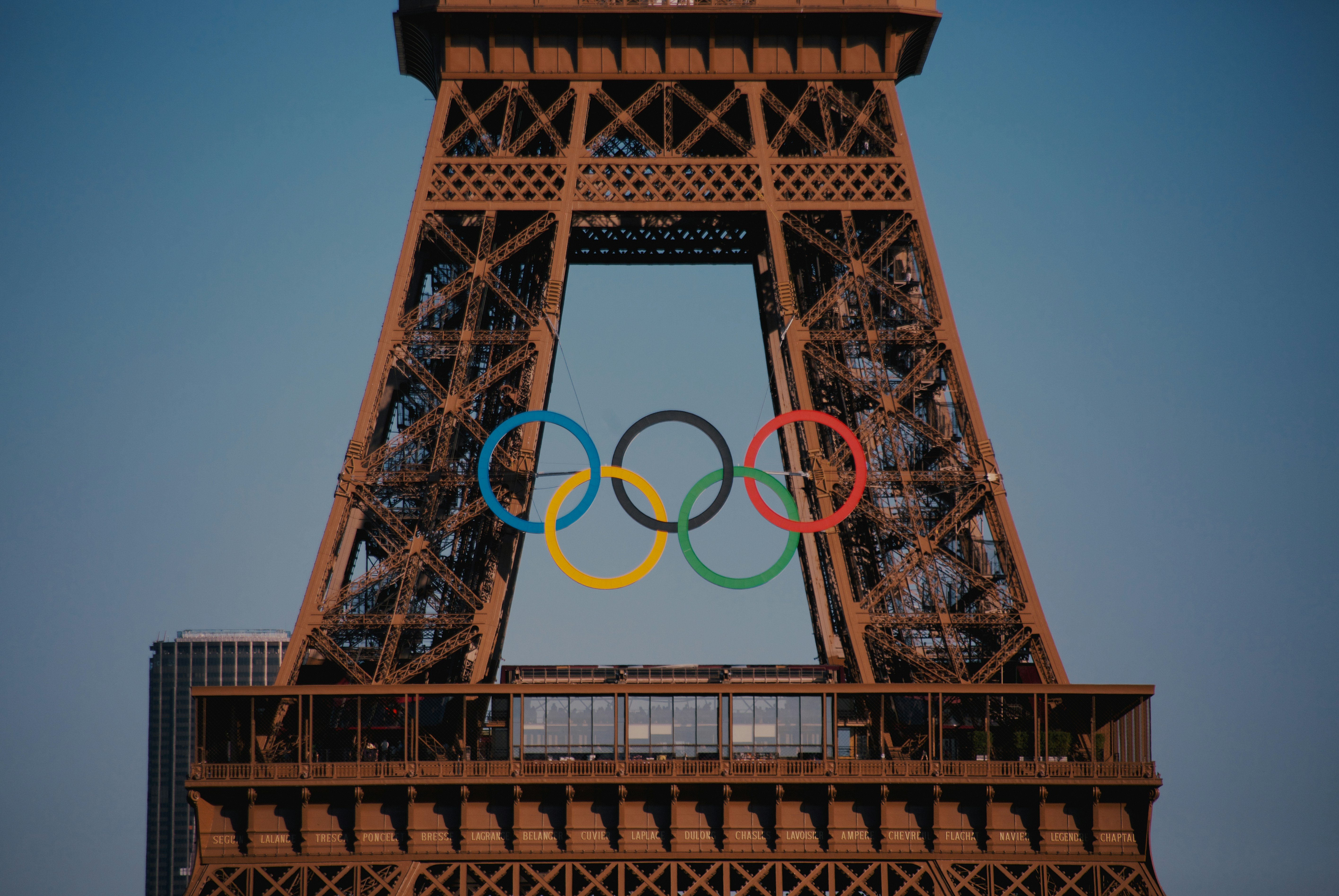Here is an overview of our Olympics Banner Removed Narrative Intelligence brief.

This Olympics Banner Removed narrative is driven by 14 sources in the Global Media module, amplifying 21 narrative items.
Today, our Narrative AI highlights AI Bottom Line 21 narrative items.
14 sources in Global Media are amplifying 21 narrative items relating to the narrative of Taiwan's struggle for recognition at the Paris Olympics. These narratives highlight incidents of censorship and the enforcement of rules against displaying Taiwanese symbols, reflecting broader themes of national identity, political tension with China, and the quest for visibility on the global stage.
Taiwan, officially known as the Republic of China, is a self-governing island with a population of approximately 23 million. It has a vibrant democracy and a robust economy, characterized by advanced technology and manufacturing sectors. However, its political status remains contentious, as China views Taiwan as a breakaway province and has not ruled out the use of force to achieve reunification. This geopolitical tension significantly influences Taiwan's international relations and participation in global events, including the Olympics.
The International Olympic Committee (IOC) enforces a policy that prohibits the display of national symbols for Taiwan, compelling it to compete under the name "Chinese Taipei." This compromise is a result of diplomatic pressure from China, which seeks to limit Taiwan's visibility on the world stage. The recent incidents at the Paris Olympics, where Taiwanese banners were confiscated or destroyed, highlight the ongoing struggle for Taiwan to assert its identity and sovereignty amidst Chinese claims.
Geographically, Taiwan is strategically located in East Asia, surrounded by major shipping routes, which enhances its importance in regional security dynamics. The island maintains a strong military to deter potential aggression from China, supported by arms sales and military cooperation with the United States. Socially, the Taiwanese population is increasingly assertive about their identity, with a growing sense of nationalism that contrasts sharply with China's narrative.
In summary, Taiwan's participation in international events like the Olympics is fraught with political implications, reflecting broader issues of sovereignty, national identity, and regional security. The incidents at the Paris Olympics serve as a microcosm of Taiwan's ongoing struggle for recognition and respect in the face of external pressures.
Our Kudzu Narrative Intelligence brief auto-updates every few hours with fresh analysis: